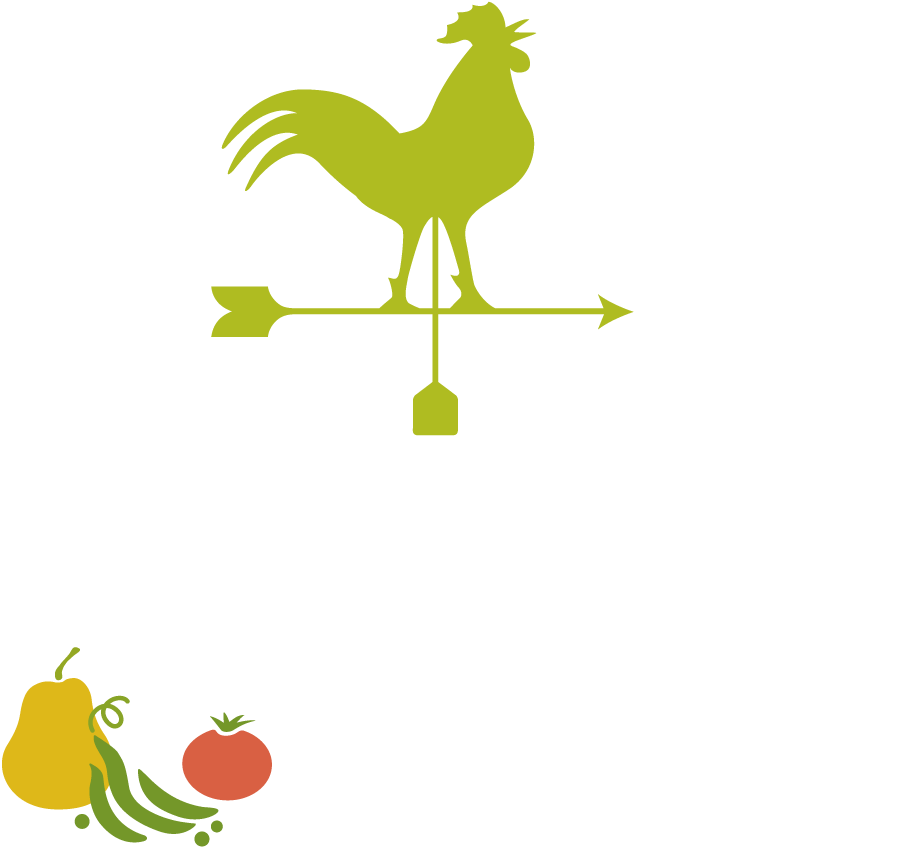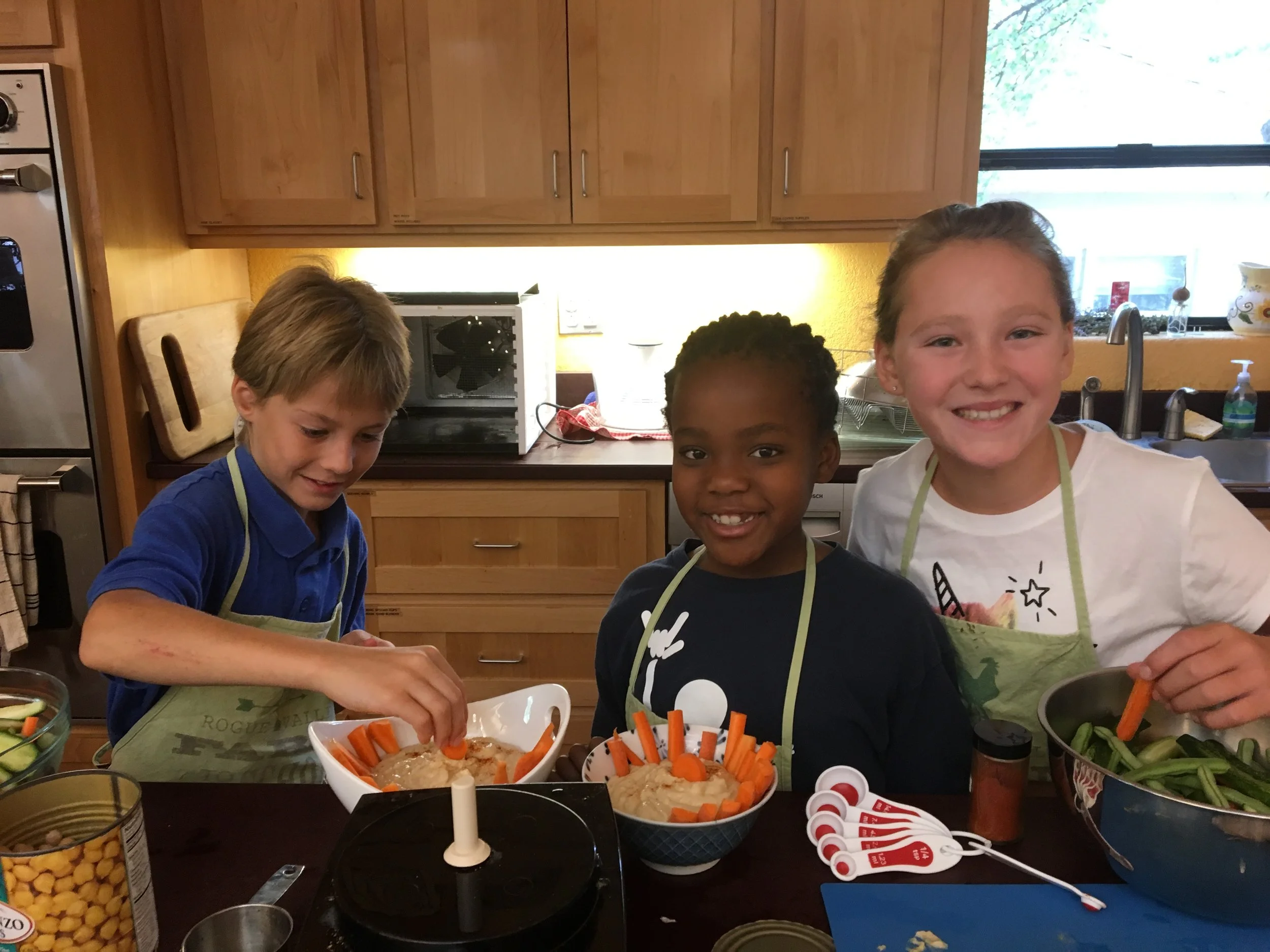The third and final installment of Rogue Valley Farm to School and the Ashland Food Coop summer camp series was a time-tested hit! Entitled “Food Preservation and Fermentation,” RVF2S educators Sylvia and Arielle led an exploration into the wild world of food preservation and fermentation, encouraging campers to explore just how many of their favorite foods are made possible by these fascinating processes.
Gathering in the early weeks of August as the fields overflowed with summer’s bounty, campers were posed with a challenge: how can we preserve the season’s abundance for use later in the year?
The group first explored the topics of preservation and fermentation by identifying foods in their own lives they hypothesized had been preserved and in what way. Arielle and Sylvia led campers in tracing the history and progression of the many types of food preservation –– from drying and fermenting to canning, refrigeration, and freezing. Equipped with this knowledge, every child was eager to play the role of "food scientist."
Each day of camp had a special “daily experiment.” The theme for the first day of camp was a food preservation classic: pickles! Campers learned the difference between lacto-fermented and vinegar pickles, then put their own skills to the test by making a jar of pickles of their own to take home, using fresh vegetables they harvested in the Co-op garden.
Campers then delved into the world of dehydration. Using their keen senses of smell as guides, campers created herb-infused oil using oregano, rosemary, thyme, chives, and tarragon that the group harvested and dried using a dehydrator. Then, they scaled up their dehydration experiment by harvesting fresh berries and making fruit leather!
The last two days of camp were spent exploring the fields and outdoor kitchen at the Farm at SOU. Campers had a blast participating in games designated “The Farm Olympics” with activities including competitive blackberry picking and egg relay races.
By the end of the week, campers went home with knowledge of how to can, ferment, dry, freeze, and infuse food as a means of preserving the delicious flavors of summer, along with useful kitchen skills such as how to read and measure for a recipe, safe food handling practices, and knife skills.
Thank you so much to the families who participated in this summer’s camp programs - we are so grateful for your support and enthusiasm! And a special thank you to the Ashland Food Co-Op for believing in the importance of connecting children to our food system.
We hope you join us next summer!










